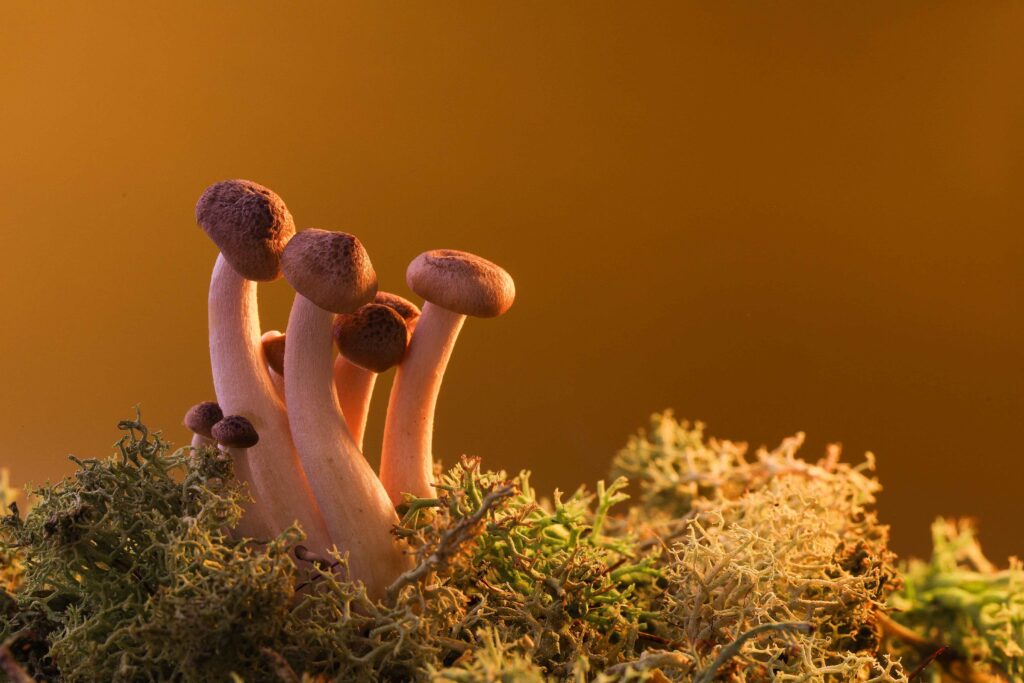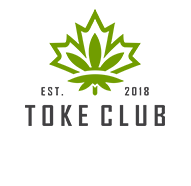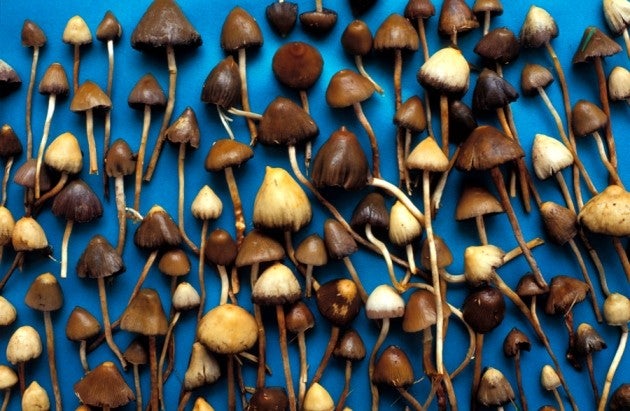Cannabis for Health
Exploring the Ethical Landscape of Magic Mushroom Use: Autonomy, Informed Consent, and Responsible Practices
Magic mushrooms, with their profound effects on consciousness, raise important ethical considerations. As we delve into the realm of psychedelic experiences, it is crucial to examine the ethical implications surrounding their use. In this blog post, we will explore the ethical considerations associated with magic mushroom use, including personal autonomy, informed consent, and the potential for misuse or exploitation. Personal Autonomy: Personal autonomy refers to an individual’s right to make decisions about their own body and mind. When it comes to magic mushroom use, respecting personal autonomy is paramount.
Informed decision-making:
Individuals should have access to accurate and comprehensive information about magic mushrooms, including their effects, potential risks, and legal status. This empowers individuals to make informed decisions based on their own values and beliefs.

Personal responsibility:
With personal autonomy comes personal responsibility. It is essential for individuals to take responsibility for their own well-being and ensure they are in a safe and supportive environment when consuming magic mushrooms. Informed Consent: Informed consent is a fundamental ethical principle that ensures individuals have the necessary information to make voluntary decisions about their participation in any activity, including the use of magic mushrooms.
Education and awareness:
Promoting education and awareness about magic mushrooms is crucial to ensure individuals have access to accurate information. This allows them to make informed decisions and provide informed consent based on their understanding of the risks and benefits involved.

Open and honest communication:
Facilitating open and honest communication between individuals who have experience with magic mushrooms and those who are considering their use can help foster a culture of informed consent. This includes sharing personal experiences, discussing potential risks, and providing support for individuals who may be uncertain or hesitant.
Potential for Misuse or Exploitation:
While magic mushrooms can offer transformative experiences, there is a potential for misuse or exploitation. It is important to address these concerns and promote responsible practices.

Set and setting:
Creating a safe and supportive environment is crucial to minimize the potential for misuse. This includes choosing the right time, place, and company for the experience. 2. Integration and support: After the experience, individuals should be encouraged to integrate their insights and reflections into their daily lives. Providing support networks, such as therapy or integration circles, can help individuals process their experiences and navigate any challenges that may arise. Conclusion: As we navigate the world of magic mushroom use, it is essential to approach it with a strong ethical framework. Respecting personal autonomy, promoting informed consent, and addressing the potential for misuse or exploitation are crucial aspects of responsible psychedelic use. By fostering education, open communication, and supportive environments, we can ensure that the exploration of magic mushrooms is done ethically, with the well-being and autonomy of individuals at the forefront. Let us embark on this journey with mindfulness, compassion, and a commitment to ethical practices.

